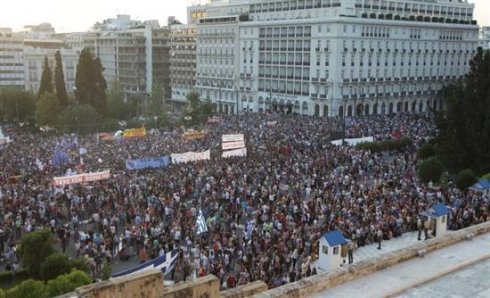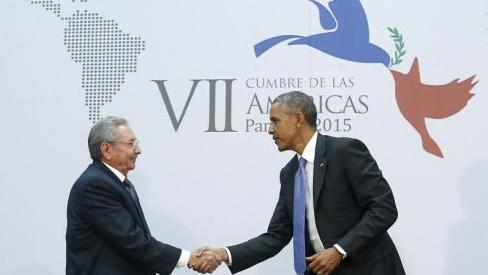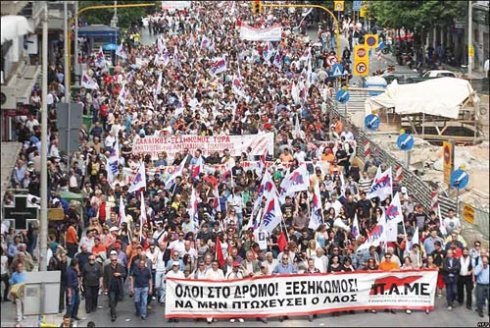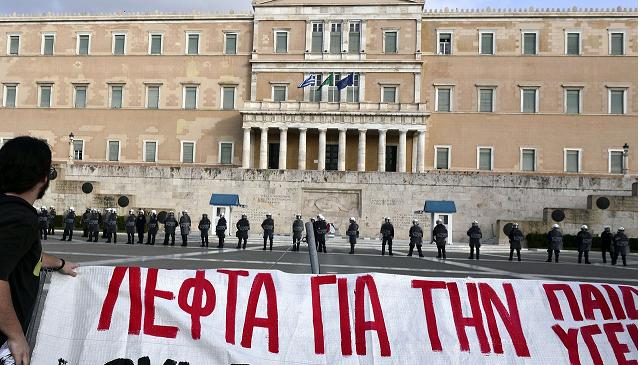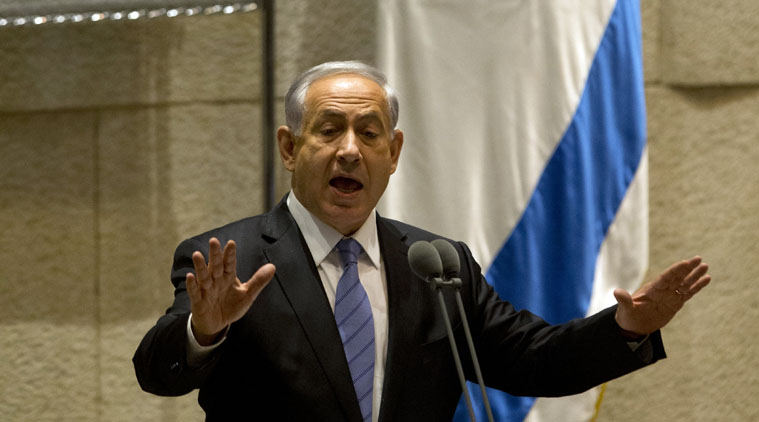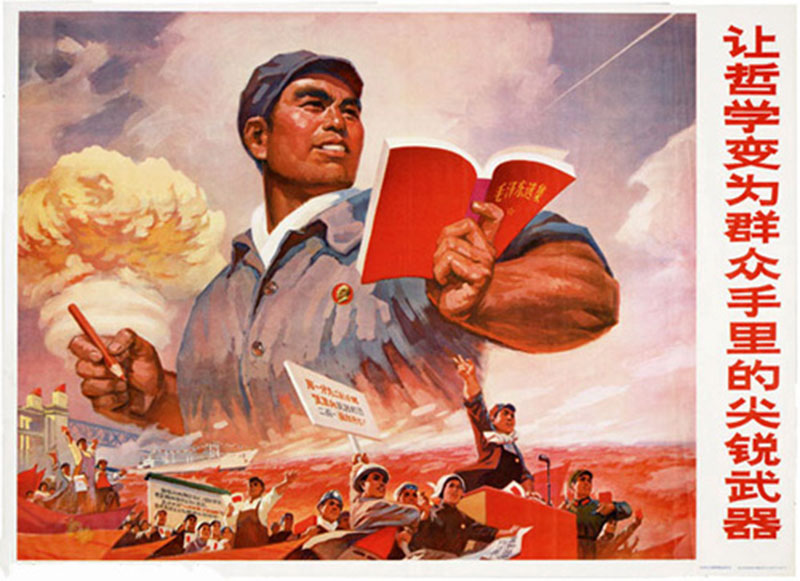Motivations & contradictions of Brazil-Turkey-Iran agreement
14/06/2010
"Lula is jumping into the first division of world diplomacy," was the title of the article published in the German Der Spiegel that analyzes the agreement signed on May 17 among Iran, Turkey and Brazil. However, after a week had passed, the tone of the analyses changed radically. Copying the positions published in the US media, headlines like that of the Folha de Sao Paulo for May 27 adopted a different tone, predicting, "In giving legitimacy to Ahmadinejad, Lula embarrasses Brazil."
This change in the perception of the national and international bourgeois analysts was due to the very movement taken by US imperialism, that, instead of congratulating Brazil’s "initiative," quickly joined France, Russia, Germany, Great Britain and China to announce the package of sanctions against Iran that they had been trying to pass for some time, and that was not in force only because of the reluctance of China and, to a lesser degree, that of Russia.
The pact signed among Brazil, Iran and Turkey provided that Iran would send part of its stock of slightly-enriched uranium to Turkey and would receive in exchange fuel enriched up to 20%, an adequate level for medical use, but not for manufacturing a nuclear bomb. US imperialism quickly went ahead and declared that the pact would not prevent sanctions, claiming that this agreement would be insufficient, since it would not prevent Iran from continuing to enrich uranium. "Although it would be a positive step for Iran to transfer low-enriched uranium off of its soil as it agreed to do last October, Iran said today that it would continue its 20% enrichment, which is a direct violation of UN Security Council resolutions," asserted the White House spokesman, Robert Gibbs.
In spite of the unquestionable tension that opened up in the relationship between the United States and Brazil, the publication of a letter signed by Barack Obama himself, sent to Lula on April 20, in which the US President advised Brazil to urge Iran to accept the terms of the pact proposed by imperialism from the International Atomic Energy Agency (IAEA), in large part identical to that agreed upon on May 17, showed two fundamental matters. The first is that Lula. in spite of looking like an international actor who assumes ever-increasing leadership, acts by carrying out a policy that serves imperialist interests. The tensions resulted from the immense contradictions of imperialist policy, that, even when it sounds conciliatory, has a harsh content. And the second is that the real strategic interests for US imperialism are those of imposing sanctions on Iran or making that country give in with a pact imposed by the United States. A pact that may appear to the eyes of the world like a product of a regional power like Brazil simply is no good for US imperialism.
US imperialism and the need to penalize Iran
With the negotiations for the approval of sanctions against Iran, the United States is seeking, on the one hand, to respond to internal pressures from Republican and hard-line Democratic groups, that defend an upsurge of US foreign policy, and that had been wearing down Obama’s administration, in the context of a big fall in Obama’s popularity since the beginning of the year. On the other hand, the US seeks to forge an agreement with the other powers and the biggest imperialisms that are active in the UN Security Council, to rebuild, through negotiations about penalizing Iran, elements for exercising its hegemonic position. This as a demonstration capable of defusing the big difficulties in which imperialism continues to be immersed in the Middle East, especially in Afghanistan.
Thus, even when the terms of the agreement reached by Lula served what imperialism was saying that its interests were in relation to Iran (according to Obama’s letter), this agreement was seen as a problem in Washington. The problem is that the agreement was going against the strategic objects of making Ahmadinejad bow down to the IAEA, the UN Security Council, and, above all, US imperialism. Thus, Lula’s movement left the US, and its allies, more determined to penalize Iran, in a inconvenient position, by demonstrating that the imperialist sanctions obviously have nothing to do with "defending peace," as they set out in their hypocritical speeches, but with exercising their geopolitical domination that materializes in the continuing massacre of the Afghan people and in supporting the Zionist State of Israel.
Once again, Lula takes advantage of the contradictions of imperialism
In the specific case of Iran, Barack Obama’s letter shows that Lula, far from carrying out an independent policy, has followed the direction of imperialism to the letter, with the single exception of his role in the agreement.
The agreement with Iran appeared as an advance in the willingness of Lula, who is ending his term, to launch himself as an influential international actor, although he proved that he had big limits. The result was the increase of tension with the United States, that had not reached similar rhetorical levels on other occasions when the Brazilian government acted, as during the coup in Honduras or on the question of Haiti. That is, an agreement that gave Lula success and showed him as a leader, not only in Latin American matters, but now in what concerns the heart of US foreign policy, is something that imperialism was not counting on, and the reason for the hardening in the actions and speech of Hillary Clinton, the Secretary of State, who quickly declared herself by stating that "we have told President Lula, I have told my counterpart, the foreign minister, that we think buying time for Iran ... makes the world more dangerous..."
However, the limits of Lula’s international policy are marked by the very condition of Brazil as a country that, in spite of assuming a position of regional power, cannot openly confront US imperialism, which, in the context of the capitalist crisis, has sought to restore the ways of imperialist domination over Latin America. Thus, Lula’s foreign policy is advancing on this characteristic contradiction of the Brazilian bourgeoisie itself, that oscillates between the need to broaden its areas for maneuver and powerlessness and servility before imperialism, by exploiting the breaches in imperialist discourse, in order to occupy a more prominent place in the confrontation with the United States, without going too far. That is what is shown when we see that, at the same time Lula is making these movements, he signs a nuclear agreement with the United States, that foresaw collaboration on technical maters, defense or joint military training. Therefore, it is proven that no consistently independent policy can come from Lula, and that the defense of the interests of the Brazilian and Latin American working class can only be the result of its independent action.
Down with the reactionary imperialist sanctions against Iran
In the recent Non-Proliferation Treaty conference, both the United States and Russia refused to take on a deadline for reducing their capacity for nuclear destruction, while they are preparing sanctions against Iran and hardening the measures to prevent unarmed countries from being able to exercise their democratic right to develop nuclear energy and armaments to defend themselves from the imperialist threat. Meanwhile, they continue to protect the arming of the Zionist State of Israel, a real threat to the peoples of the Middle East.
We revolutionaries know that the biggest threat to the peoples of the world is precisely the imperialist bourgeoisies, that cynically say they are watching over world peace, while they increasingly stain their hands with the blood of the peoples and workers of the whole world. This is what the United States is doing in Afghanistan and Iraq. It is enough to recall that the bombs that destroyed Japan at the end of World War II were detonated by the United States. On the other hand, Russia continues oppressing the nationalities of the East. Therefore, we defend the right of the semi-colonial countries to develop nuclear energy and arms to defend themselves from the imperialist threat. Beyond the reactionary character of Ahmadinejad’s Iranian regime, that oppresses workers and women, we declare ourselves categorically opposed to the imperialist sanctions against Iran.
